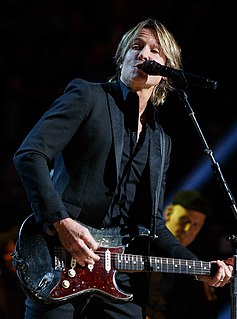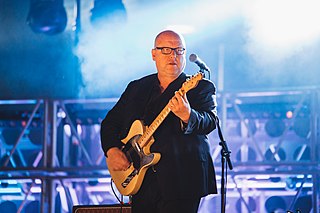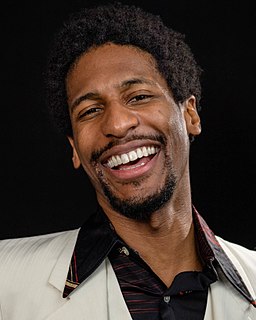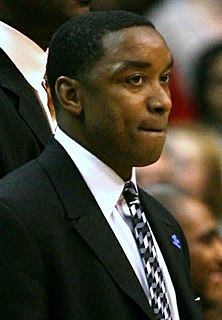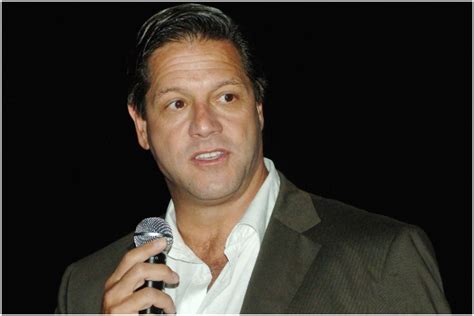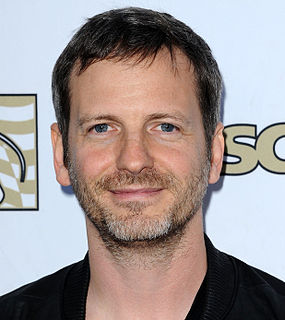A Quote by Laura Owens
I think a lot of male artists should and probably are thinking in the same ways. The culture has moved in a more democratic, pluralistic direction. You now find a lot of people who are looking outside of the mainstream of the history of art for their mentors. Maybe not heroes, but mentors.
Related Quotes
I was on television a couple of years ago and the reporter asked me, "How does it feel being on mainstream media? It's not often poets get on mainstream media." I said, "Well I think you're the dominant media, the dominant culture, but you're not the mainstream media. The mainstream media is still the high culture of intellectuals: writers, readers, editors, librarians, professors, artists, art critics, poets, novelists, and people who think. They are the mainstream culture, even though you may be the dominant culture."
Think bigger than society lets you think. And find mentors. My life is filled with people who knew me when I was 19 and had a horrible South African accent and bleach-blond hair and who believed in me in a way that was brutal. They were just unbelievable and consistent and smart. Find mentors who, every time you're with them, you're being schooled. Just absolutely schooled.
I always want to be doing both to travel as a teacher and lecturer, and to be a musician. I think in this generation institutionalizing the art form and spreading it to the younger generation through education is really important for all artists to have some hand in. Right now in popular culture and the mainstream, it's not a big part at all. I think education by young artists talking to young people, not just older people talking to young people, it gives an experience never felt before. I think over the years it will do a lot for the music.
Imagine it's 1981. You're an artist, in love with art, smitten with art history. You're also a woman, with almost no mentors to look to; art history just isn't that into you. Any woman approaching art history in the early eighties was attempting to enter an almost foreign country, a restricted and exclusionary domain that spoke a private language.


